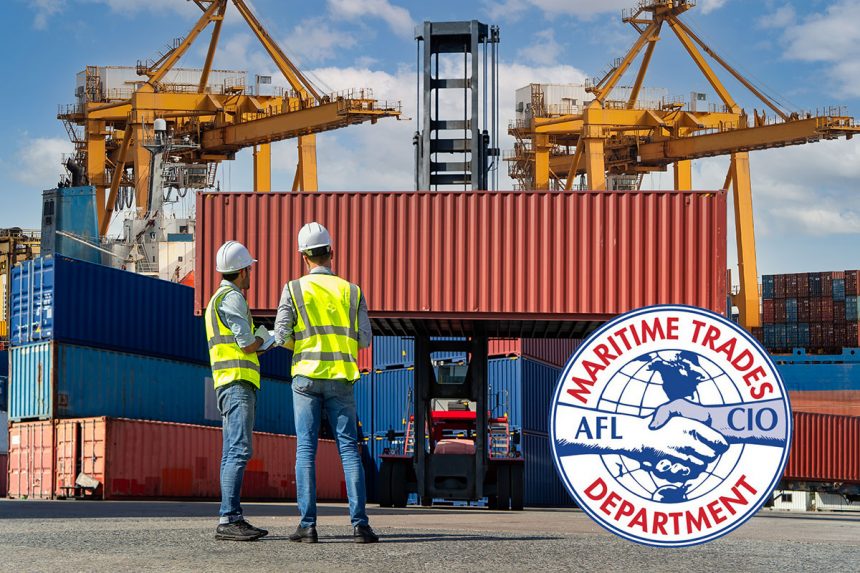The benefits of preserving a strong U.S. maritime industry are clear: jobs for American workers, a stronger defense and reduced costs for the military.
Those are some of the conclusions reached by a recently released study conducted by the Government Accountability Office (GAO), the non-partisan Congressional agency responsible for calculating the costs and benefits of any federal program.
The GAO was given the task of determining the effectiveness of the Jones Act on trade between the United States and Puerto Rico.
The Jones Act – which states that water-borne cargoes carried between domestic ports must be carried on American-flag, American-built and American-crewed ships – received strong marks from the GAO: “A decline in the number of U.S.-flag vessels would result in the loss of jobs that employ skilled mariners needed to crew the U.S. military reserve and other deep-sea vessels in times of emergency. According to DOD (Department of Defense) officials, to the extent that Jones Act markets are unable to sustain a viable reserve fleet, DOD would have to incur substantial additional costs to maintain and recapitalize a reserve fleet of its own.”
The American Maritime Partnership (AMP), a grassroots organization dedicated to preserving the Jones Act and a strong U.S.-flag maritime industry, cited the GAO report in a letter to House Subcommittee on Seapower and Projection Forces Chair Randy Forbes (R-VA) and Ranking Member Mike McIntyre (D-NC). The MTD and a number of its affiliates are members.
Citing the GAO report, AMP noted that the Jones Act had an overall beneficial effect: “The GAO also said that loss of the Jones Act could result in ‘significant effects on shipyards and the shipyard industry base needed by DOD.’ The GAO report explained the important role of the American domestic shipping industry for the Department of Defense. In finding that “the original goal of the [Jones] Act remains important to military preparedness,” GAO made three particular points about the American domestic fleet:
- “A strong domestic fleet is necessary to ensure an available supply of seafarers for times of national crisis.
- “The American domestic fleet is a cost-efficient way to provide military sealift.
- “A strong national shipyard base is essential to military preparedness, particularly today.”
In addition, the GAO report discussed a longtime target of Jones Act opponents – that the 1920 law increases prices on consumers. It noted “so many factors influence freight rates and product prices that the independent effect and associated economic costs of the Jones Act cannot be determined.”

